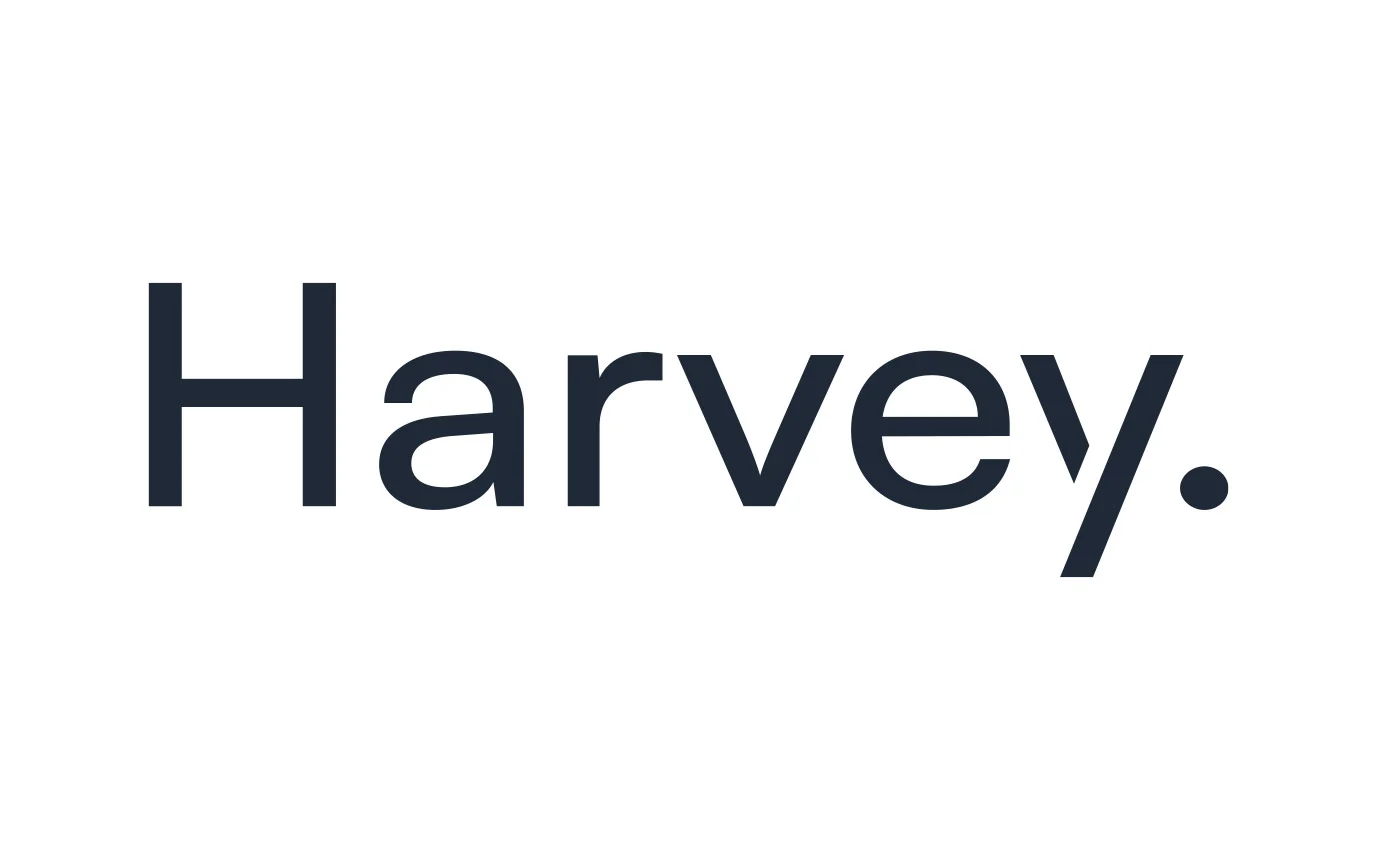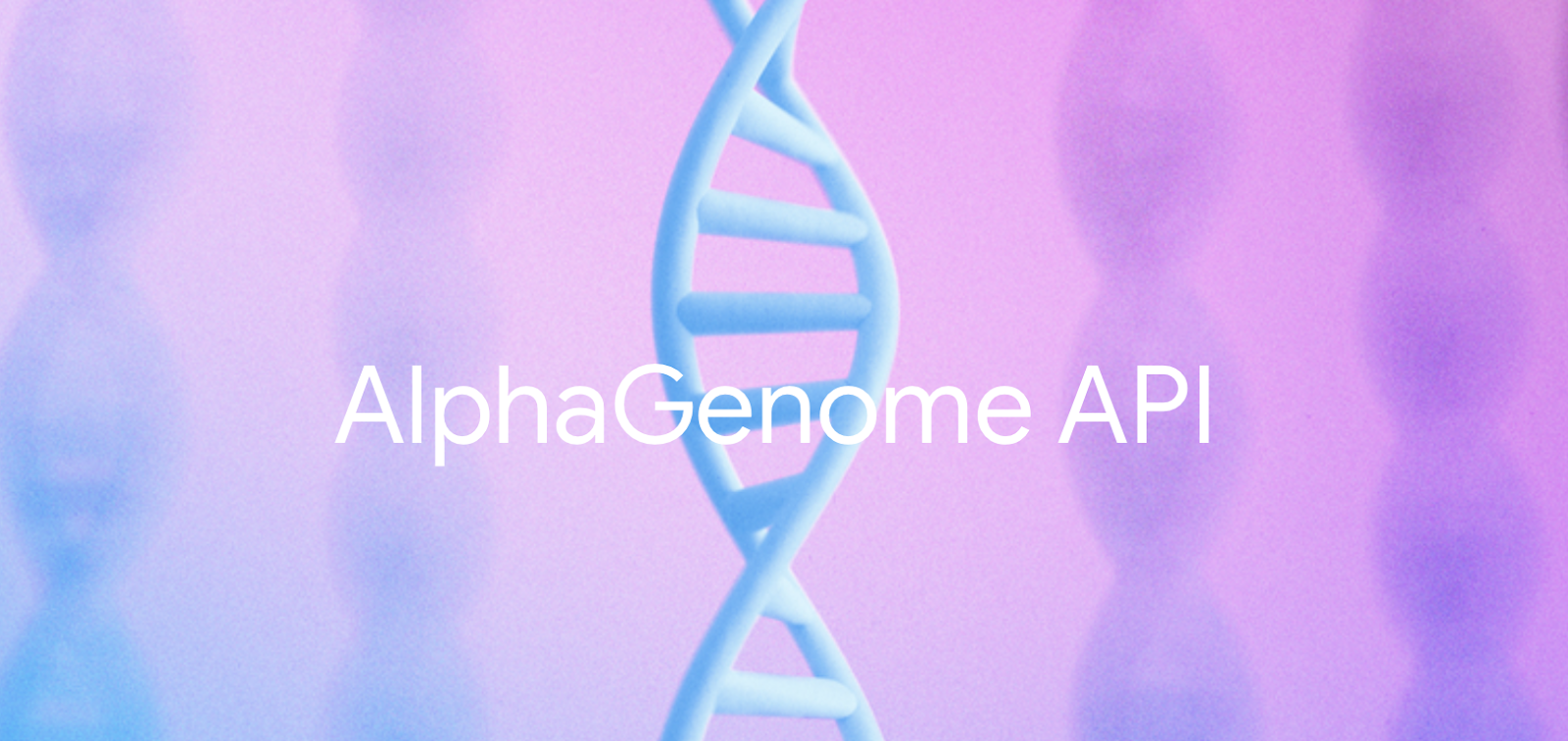
It's always cool to see AI products enabled by advances. This AI and Machine Learning Startups roundup list is to highlight disruptive startups, emerging technologies, and niche breakthroughs in our space. The list contains companies we talked to or explored for our own usage throughout the month of May and June 2025.
Disclaimer: None of these entries are paid-for-advertisement or sponsored —this roundup is simply GMI Cloud's commentary on what excites us. The companies or projects named were not involved in creating this listicle, and this may be the first time they have heard about it.
Know a company that should make our list next month? Let us know @ media@gmicloud.ai !


Website: https://www.harvey.ai
Their tagline: Professional Class AI

Website: https://deepmind.google/discover/blog/alphagenome-ai-for-better-understanding-the-genome/
Their tagline: AI for better understanding the genome

Website: https://www.workflow86.com/
Their tagline: Automate at the Speed of Thought

Website: https://support.anthropic.com/en/articles/9487310-what-are-artifacts-and-how-do-i-use-them
Their tagline: N/A

Website: https://higgsfield.ai/edit/canvas
Their tagline: Paint products directly onto your image with pixel-perfect control

Website: https://www.diabrowser.com/
Their tagline: Chat with your tabs
Website: https://proactor.ai/
Their tagline: Proactor AI listens in real time, proactively identifies needs, and acts before you ask.